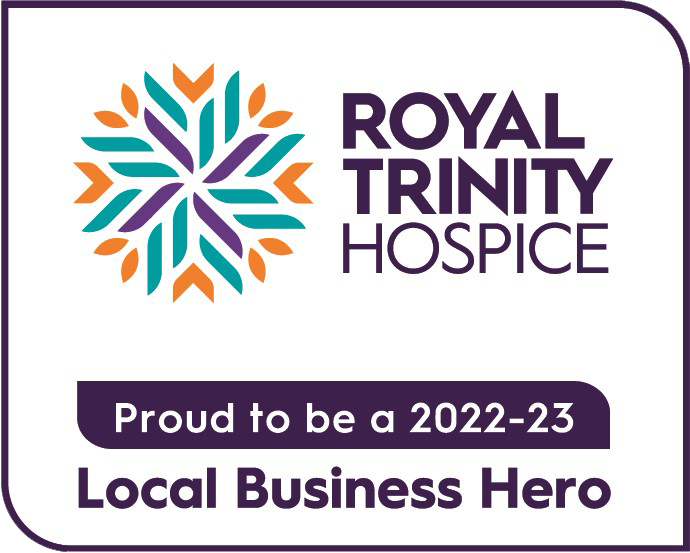Does the NHS belong to the people?
The UK has long been known for its exceptional health service. Being free at the point of use, our NHS is the envy of the likes of America and other developed nations. “Free”, however, it isn’t – we all pay for the NHS through taxes. All £120 billion of it. But, what interests me is that while we have some idea of who controls that money, who is actually responsible for it? Is it David Cameron or Jeremy Hunt? Is it NHS England or Simon Stevens? Perhaps it is your local GP or nearest hospital? Who do you turn to from that list when you think the NHS money you’ve provided isn’t being used in the way you think it should?
The majority of England’s NHS funding sits with Clinical Commissioning Groups (CCGs), which comprise GPs, hospital doctors and other representatives from primary and secondary care. Around 200 CCGs in England are given money to care for the patients in their local community. While we accept CCGs are free to spend their budgets as they see fit, they themselves are not directly accountable to the public. They are accountable to NHS England, which is accountable to the Department of Health and the Secretary of State. The Secretary of State has overarching power of our health service and is, of course, democratically elected.
So, if Jeremy Hunt wants to implement some radical healthcare policy, with the support of his party, he can. And, if the public don’t agree with it, it is almost certainly doomed to fail, along with his political career. But, what would happen if an unelected body, a CCG for instance, wanted to implement a radial shakeup to the principles of the NHS that we know?
Last week NEW Devon CCG outlined proposals requiring morbidly obese patients to lose weight, and smokers to stop smoking, before they could have routine surgery. While for many this may seem like a practical solution to the CCG’s £30m deficit, I can’t help but feel rather shocked that a decision touching on such moral and fundamental principles of our health service could be made by an unelected body. The Commons was due to debate the proposal yesterday, but the CCG abandoned the plan following “significant feedback from a wide range of stakeholders”.
So, for now, the situation remains resolved, but the larger questions surrounding the topic most certainly aren’t. The NHS constitution states, before all else, that The NHS belongs to the people. But, if I’m an overweight smoker, who earns £200k a year and pays a huge amount of tax, I would feel hard pressed to feel a sense of ownership while I am being refused routine healthcare. What if I look around and see someone else, who pays far less in tax, being given free plastic surgery and taxi journeys on the NHS? I won’t even mention that studies suggest tobacco benefits the UK more in tax revenue than it costs our NHS.
My point is not about our current tax system or that one individual is more deserving than the other. My point is that there are difficult moral decisions to be made about how our scarce NHS resources are used, and these discussions must take place in the public domain; in Parliament, where those who make the decisions are directly accountable to the will of the nation. I find it alarming that such a fundamental decision on how public money can be spent could potentially lie with an unelected group of men and women, far removed from the political world.
Privatisation, NHS crises, unhealthy lifestyles, funding pledges and reports of how NHS money is being spent are constantly in the headlines of our national media. These difficult topics raise many points to be debated and scrutinised if we are to move forward and continue to have a health service we can be proud of. But, if the NHS truly does belong to the people, are we able to provide the public with the necessary platform for debate in the run up to May’s general election? I hope so, because, if not, and individual CCGs can truly ask and answer large moral questions around who is entitled to what care without a democratic mandate, then I can’t see our NHS being the envy of the world for much longer.

